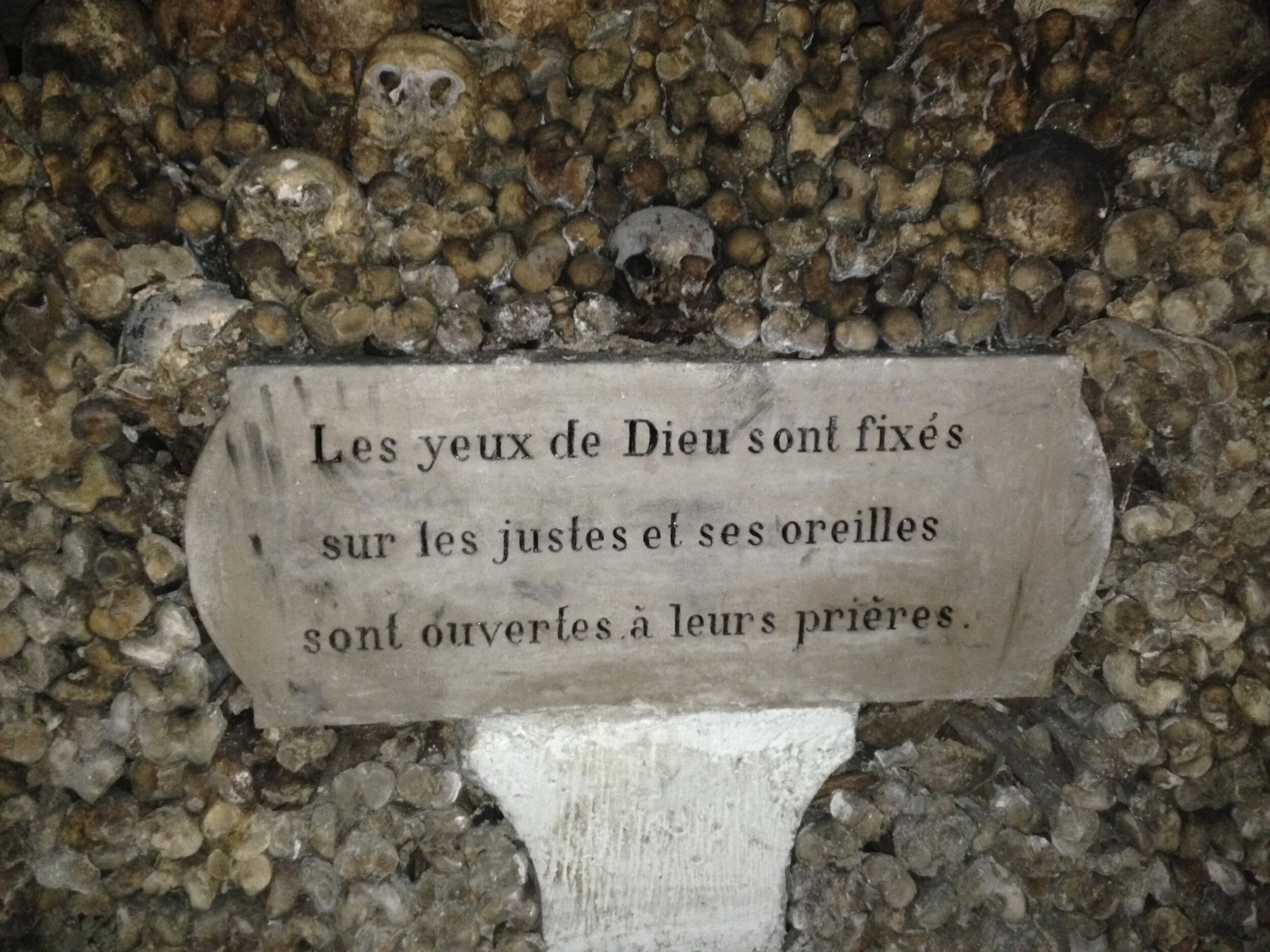Sacred Space
Sacred space flows outward from the heart. We step into sacred space when we realize our divine nature. That’s what makes it sacred.
On Aruba, I asked the taxi driver to take me to the places I must not miss. He took me to Alto Vista, an elevated spot with a tiny chapel and a panoramic view. Aruba’s first chapel was built there in 1750. It was little more than branches and a few pieces of wood, but the area was sanctified by the sacrifices of the people. I felt them.
Alto Vista remained sacred, even when the structure fell into ruins in the early1800s and when the modern chapel replaced it in the mid-twentieth century. The people made it sacred and invited all to enter. No one is forbidden.
Spaces are not made sacred by keeping people out. They are not defiled by the uninitiated who enter. Rather, as Christ taught, our bodies are temples—the ultimate sacred space—and “it is not what goes into the mouth that defiles a person, but what comes out of the mouth; this defiles a person.” (Matt. 15:11, ESV).
Our personal sacred space is honored by what flows out from us. We are the temple. We are the sacred space.
When I experienced the catacombs of Paris, a beautiful spiritual presence overwhelmed me. It reminded me of feelings I’d experienced at military cemeteries in Normandy and Manilla. It wasn’t dark or mournful or foreboding; it was brilliant and sacred. It was what I’d felt in the emergency department when souls left their bodies at death: pure unbounded love and gratitude, and perfect oneness. I knew them and they knew me.
In the late 1700s, Parisians were forced to deal with their overflowing cemeteries. For two years, nightly processions of black cloth-covered wagons transported the remains of more than six million souls to the massive new ossuary created in the limestone quarries beneath the city.
The long bones and skulls are reverently arranged behind 250-year-old stone markers. In French, one marker reads, “Les yeux de Dieu sont fixés sur les justes et ses oreilles sont ouvertes à leurs prières.” In English, “The eyes of God are fixed on the righteous and his ears are open to their prayers.”
Our progenitors are nearby. They have not forgotten us. When we are open, we can experience them. For me, the catacombs are a sacred space because of the lives of those who remains rest there and the sacrifices of those who reverently placed them there. Each soul is divine. And each divine human is sacred space.
We are tempted at times to exclude those whose paths do not resonate with ours, to bar them from our sacred space as if their very presence would defile it. But we don’t enter sacred spaces, be they man-made edifices or nature’s cathedrals, to make ourselves better than others. We enter to learn we are all alike, that we are all one. When we learn to honor other people’s sacred space as our own, the whole world will be sanctified and be our sacred space.

